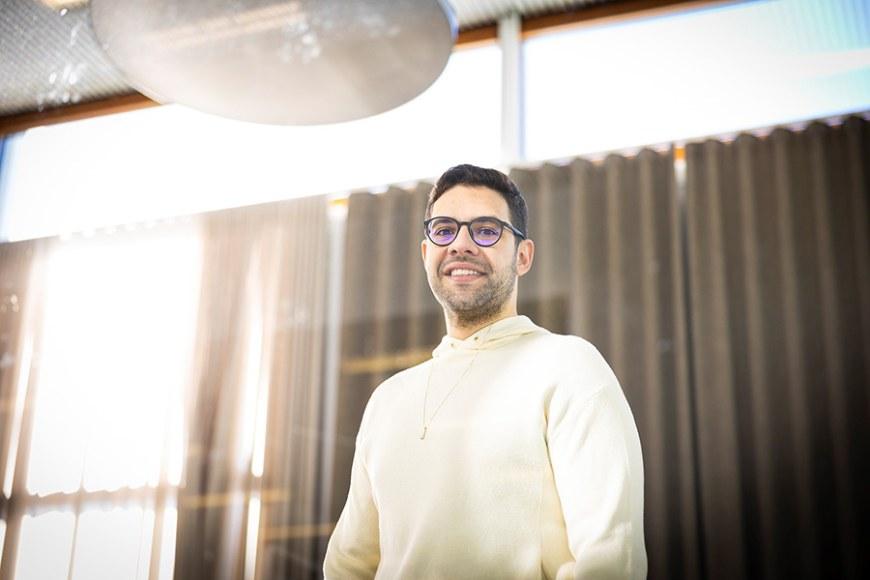
In the past, oral health referred to having a healthy mouth and teeth, free from diseases or pain. Nowadays, oral health includes emotional well-being and the ability to socialize without discomfort or embarrassment. In this context, the self-perception of one’s smile and facial appearance becomes an important element in maintaining and promoting health.
“Through the face, including the smile, people show and express themselves to the world. The mental image created of oneself may impact interpersonal relationships and overall well-being. Self-perception of smiles and facial appearance can influence behaviour, including the adoption of aesthetic procedures. Sociocultural factors also play a significant role in shaping individuals’ perceptions of appearance and their decisions to seek aesthetic treatments," says Lucas Campos.
Campos conducted research with approximately 3,600 Finns and 4,000 Brazilians. He observed similarities in how both populations perceive their smile and facial appearance. However, a notable difference between the countries emerged in their demand for dental treatments aimed at improving smile aesthetics. About 72% of Brazilians reported having undergone such treatment, while the majority of Finns (around 60%) stated they had never sought or undergone such procedures.
Campos suggests that cultural identity may be connected to how people in each country perceive the importance of having aesthetic dental treatments. This perception may involve consumption habits, social prestige, and a sense of belonging.
“The results also indicated that self-perception of smile and facial appearance has a direct and similar influence on the well-being of both Finns and Brazilians. However, undergoing aesthetic dental treatment did not lead to an improvement in well-being. Addressing psychological aspects is essential for aesthetic treatments to promote patients’ well-being," says Campos.
The ongoing aesthetic pressure on women
When comparing the demand for aesthetic dental treatment between genders in both countries, the findings indicate that women were more likely to seek such treatments. The findings highlight the societal pressure on the female body. Despite Finland having strong and effective gender equality policies, traces of patriarchal roots and the objectification of the female body persist. These aspects are similar to what is observed in Brazil, a society marked by disparities between women and men.
Economic status was another aspect compared in the dissertation. In Finland, there were no differences in demand according to income. This is possibly due to low socioeconomic inequality and a societal commitment to equality in this country. On the other hand, wealthier individuals were more likely to seek and undergo aesthetic dental treatment in Brazil. This points to the strong influence that consumerism and social prestige may have on the demand for these treatments in high socioeconomic inequality countries.
“Individuals seeking aesthetic treatments often have psychosocial needs that are not easily met solely through the treatments themselves. Healthcare practitioners should adopt a holistic approach in planning patient-centered treatments to address the psychosocial needs," Campos concludes.
Lucas Campos is from Brazil and is currently working as a researcher at Tampere University. His research focuses on the individuals' perceptions and attitudes regarding body image, orofacial appearance, pain, mental health, and quality of life.
Public defence on Friday 26 April
The doctoral dissertation of Lucas Arrais de Campos in the field of dentistry titled Cross-National Study on Oral Health-Related Quality of Life: an investigation on measure scales, orofacial appearance, and aesthetic treatment in Finland and Brazil will be publicly examined at the Faculty of Medicine and Health Technology at Tampere University at 11 o’clock on Friday, 26 April 2024 at Kauppi Campus, Arvo building, Yellow Hall F025 (Arvo Ylpön katu 34, Tampere). The Opponent will be Professor Satu Lahti from the University of Turku. The Custos will be Professor Timo Peltomäki from the Faculty of Medicine and Health Technology at Tampere University.
